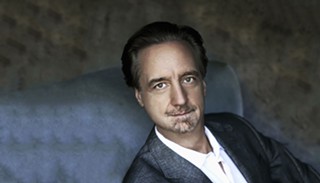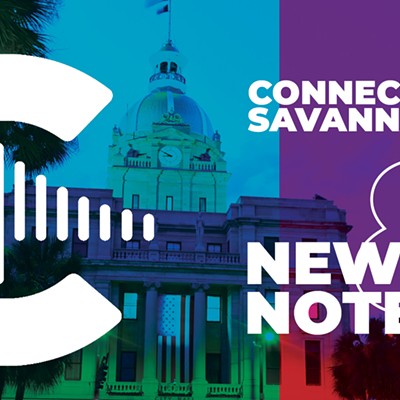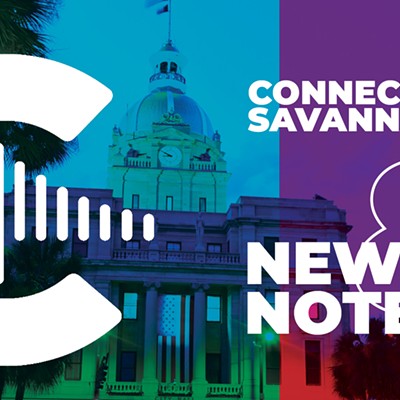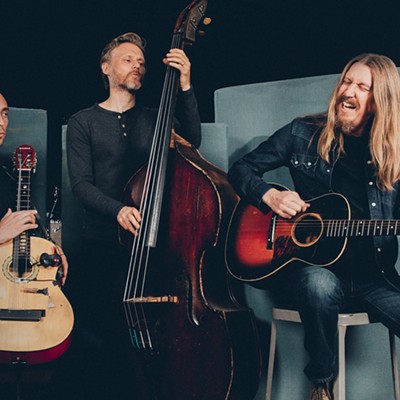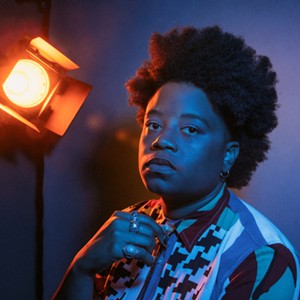ONE OF the most accomplished and celebrated cellists in the world, David Finckel is also a teacher and an arts administrator. He's currently on the faculty at the Juilliard School of Music, and is the co-director (with his wife and frequent collaborator, pianist Wu Han) of the venerable Chamber Music Society of Lincoln Center.
Luckily, these two facilities are virtually next door to one another in Manhattan.
Finckel and Han have been affiliated with the Savannah Music Festival since Rob Gibson took it over in 2003; they’ve performed here just about every season, as a duo and as part of violinist Daniel Hope’s always-creative chamber music configurations. Finckel also gigged in Savannah as part of the Emerson String Quartet, whose ranks he left in 2013.
The Lincoln Center chamber group makes its SMF debut April 4; we spoke with Finckel about his life and his work, going all the way back to his days as a New Jersey kid obsessed with the legendary Russian cellist Mstislav Rostropovich.
Rostropovich
“When I was just starting the cello, about 10, 11 years old, I heard a recording of Rostropovich that my uncle suggested that I listen to. My uncle was a cellist. I couldn’t even pronounce his name! But as soon as I heard that sound, it just went through me like lightning. And I said to myself, ‘That’s the way I want to play the cello.’ It was a couple of years before he showed up for a tour, but I was right there. I went backstage and met him, and pretty soon he came to know that I was a cellist. I followed him as far as I possibly could. I took the bus to Boston, Hartford and Washington, night after night. And eventually he heard me play. And I seemed to be the only cellist in America, at least on the east coast, following him so diligently, and getting lessons. So I do believe I was the first American student of Rostropovich. Because there certainly wasn’t anybody else around. I would have seen them! I would have been competing with them for his time!”
Savannah Music Festival
“Rob Gibson is just an unstoppable force of nature who will get the job done no matter what, even if he has to move the pianos himself. Which I’ve seen him do. He’s fearless, determined, creative, challenging in so many ways. It seems as though he’s found an incredible outlet for his energy at the festival. The other great partner we have there is Daniel Hope, in charge of the chamber music. Daniel is a friend of ours for many years now, with whom we’ve played all over the place, as it were. Daniel is a fantastic violinist. He is also an incredibly inspiring intellect and innovator. In terms of digging into history, and into music, discovering connections and bringing things to light. And allowing people to hear music that they may never have heard, or to hear music that they have heard in entirely new ways. He’s a wonderful person to be around if you’re a musician. Even if you’re not a musician.”
Chamber music
“When I was a young cellist, I played in orchestras, and I quite loved it. Often, chamber music comes along a little later in a musician’s life. It was an incredible discovery for me. I really had no idea, at the age of 18 or 19, that a composer like Beethoven, for example, had written like 16 quartets. And that those quartets were every bit as good, and wonderful music, as the symphonies. The essence of chamber music is that every player is important, and independent. You don’t necessarily follow anybody; as an ensemble it’s up to you to decide the tempo, the mood and the colors. There’s no conductor to tell you what to do. You figure out from the indications that the composers have left us how to do it. So there’s a huge creative responsibility that’s fun, and wonderful, and for better or worse, the interpretation is yours. And you have to live with it and make peace with it.
“Nothing against conductors, don’t get me wrong, or orchestras, but without the conductor in the mix, there’s a direct synergy between the audience and the musicians. Where I think the audiences feel as though they are directly connected to the musicians. You can really hear the individual players. You can hear a quartet and say ‘Oh, the violist sounds this way’ and ‘The cellist is very good’ and ‘Listen to that second violin solo.’ In chamber music, everybody is a soloist. And you’ve really got to learn your part and sound good all the time. No hiding.”
Emerson String Quartet
“I did 34 seasons as a member of the quartet, and it was an incredible ride. It was the most amazing musical experience, I think, that anybody could ever dream for. During that time, I covered most of the string quartet literature, which is enormous. I played in cities all over the world, repeatedly. I made an unprecedented number of recordings, which are all over the place. And I enjoyed the company of three wonderful guys who are still great friends, and like brothers in a way.
“I felt like OK, I’ve done this, it’s been great, but there are a lot of other things I my life I should do while I still can. I didn’t want to stay around another 15 years or something and not have the time to try these other things. And then saying ‘ Aw, if only I’d left the quartet ...’ So I left on very good terms, and they got themselves a fantastic cellist, and they’re going great guns. And we’re all very happy about it.”

